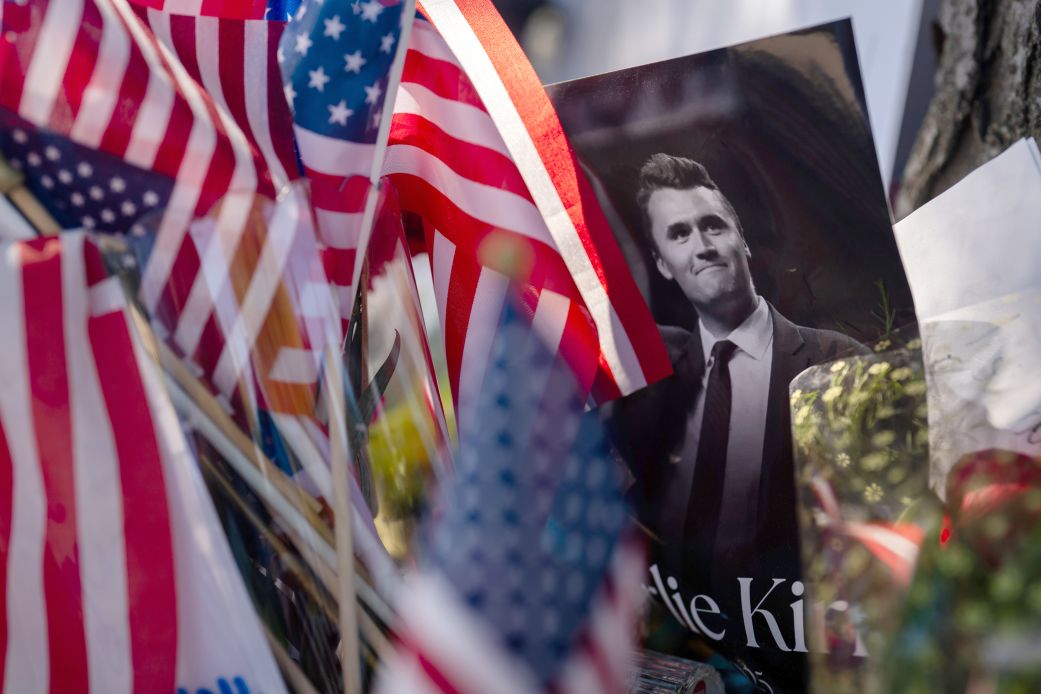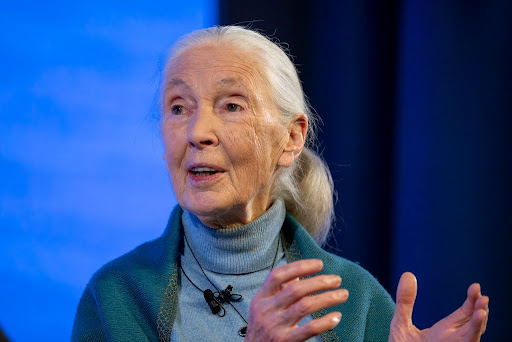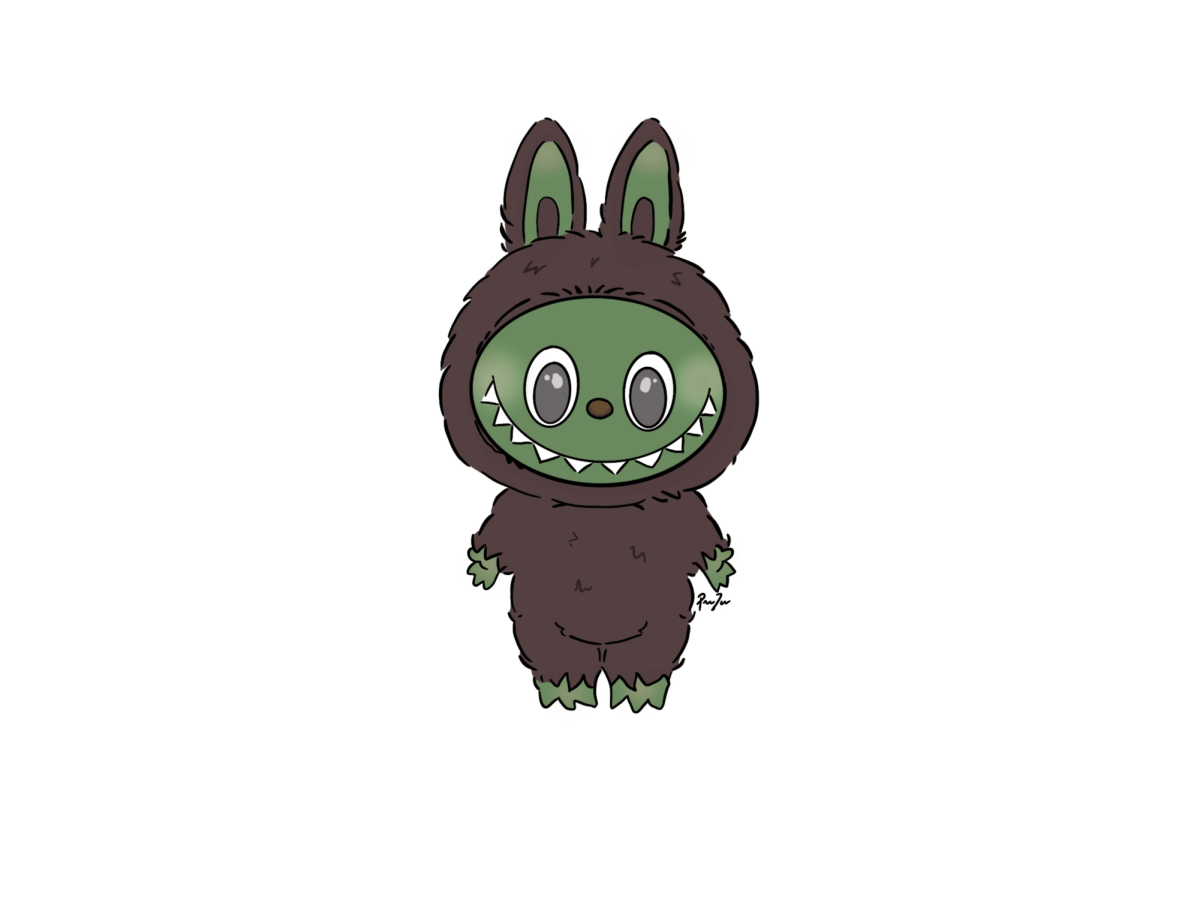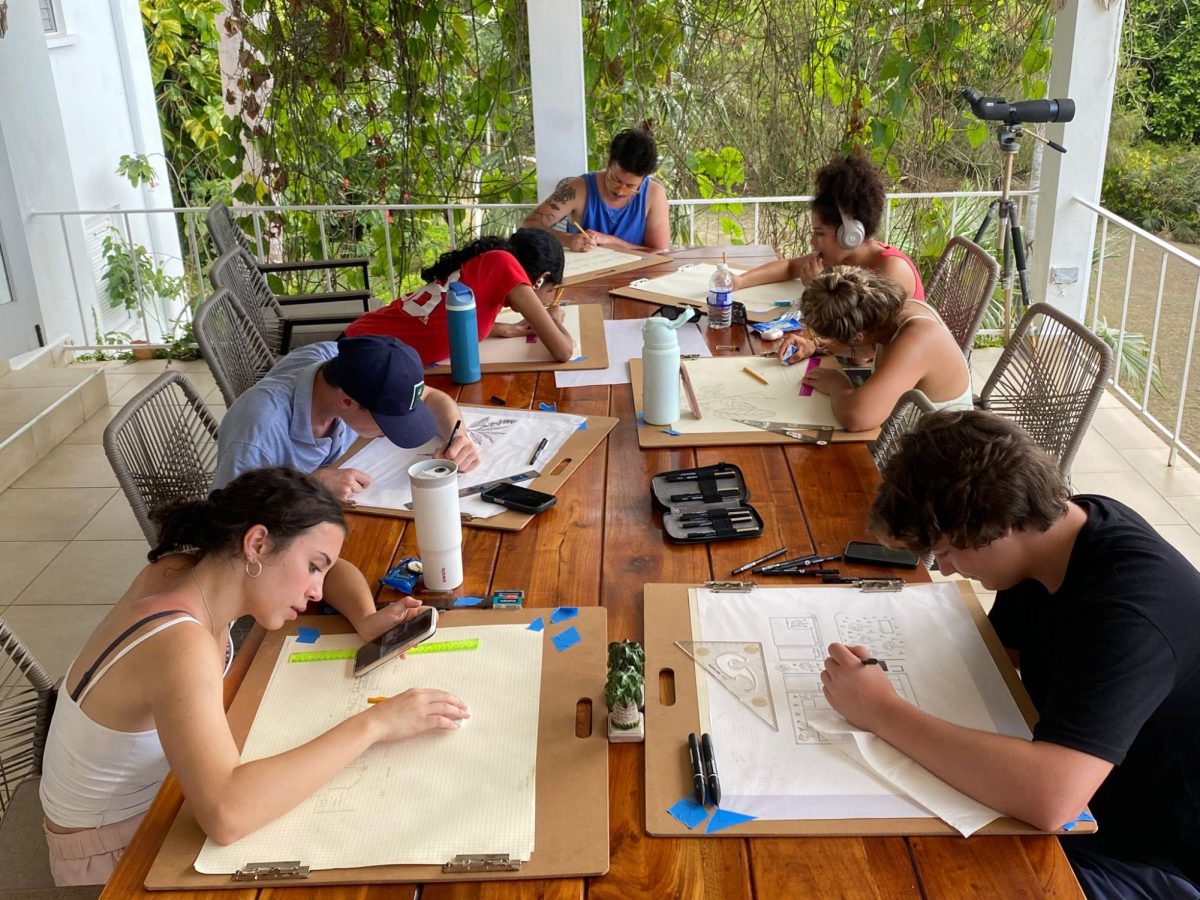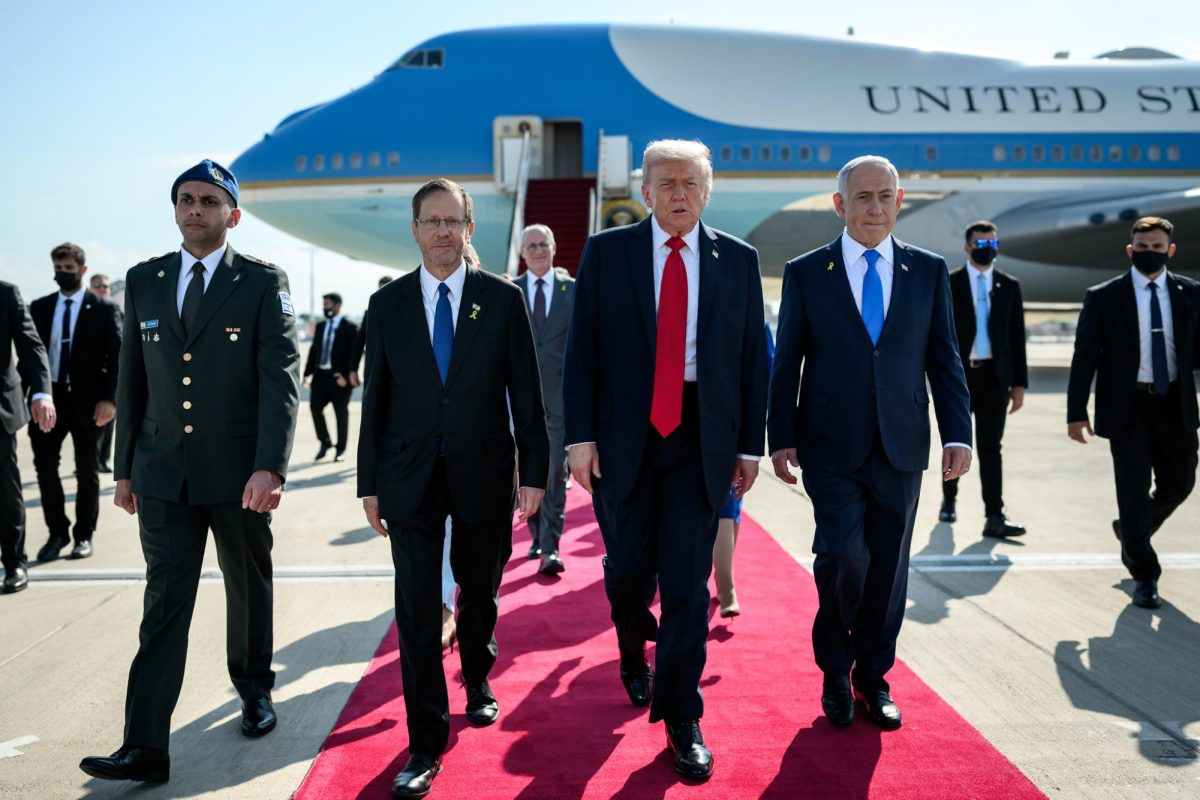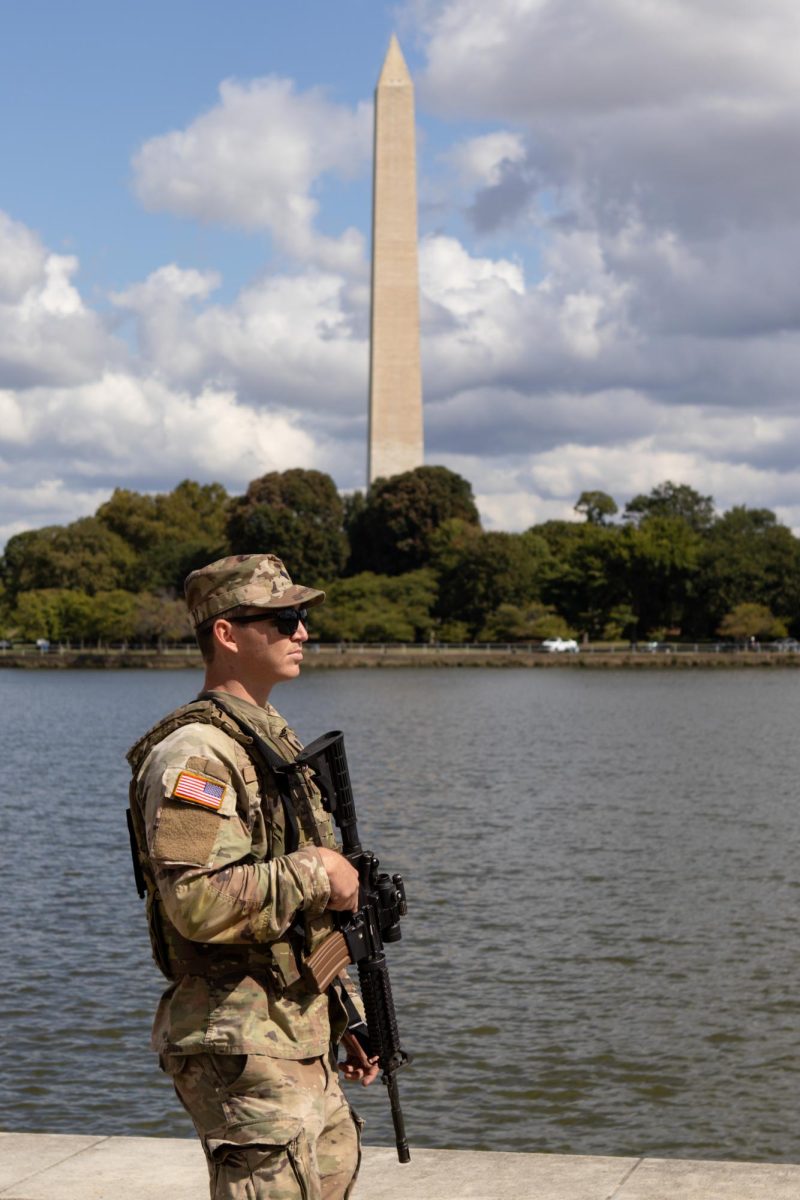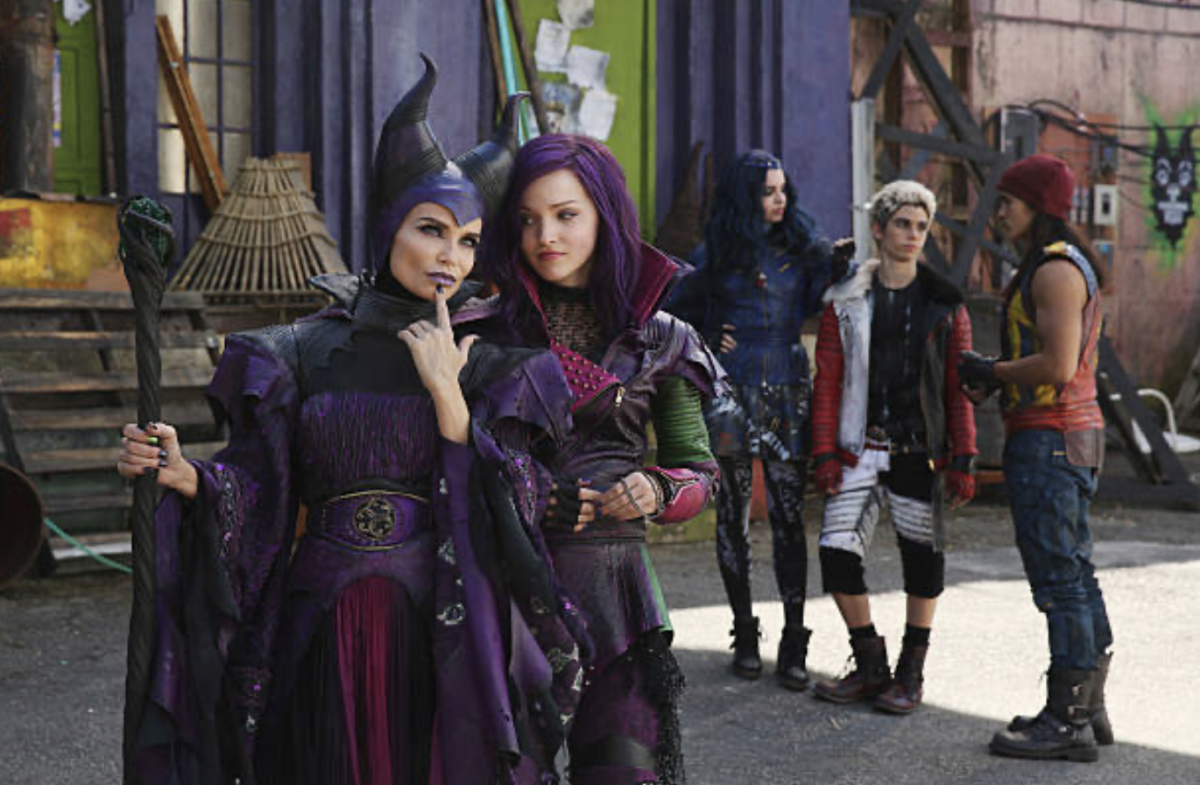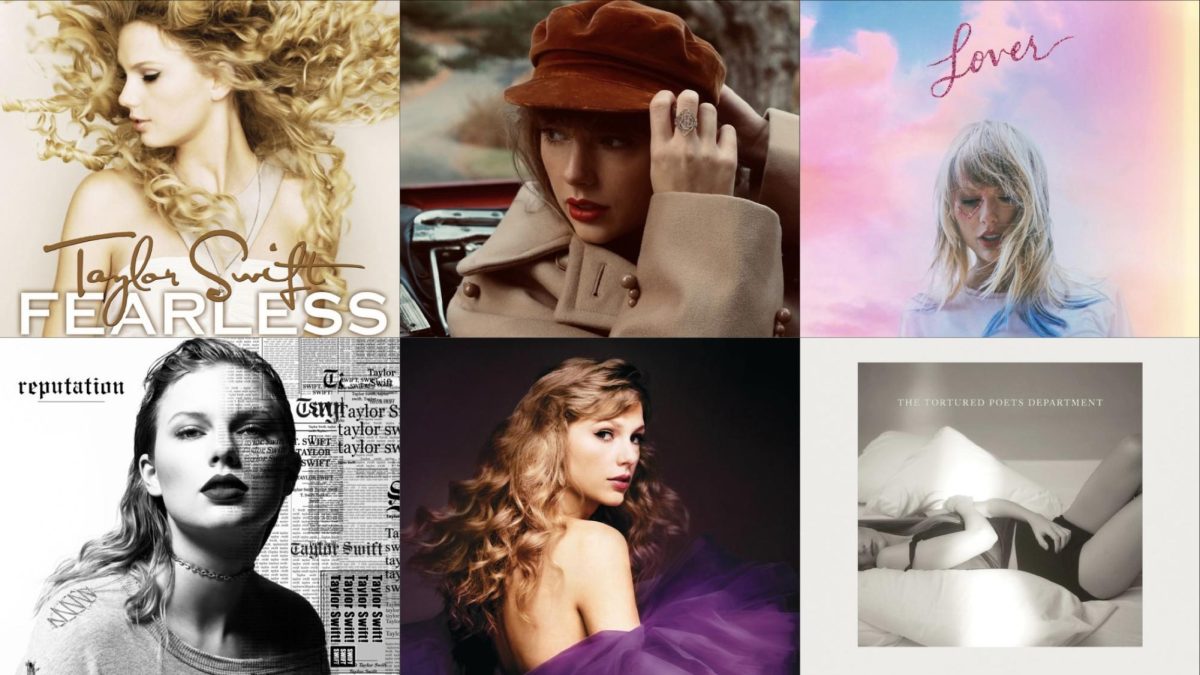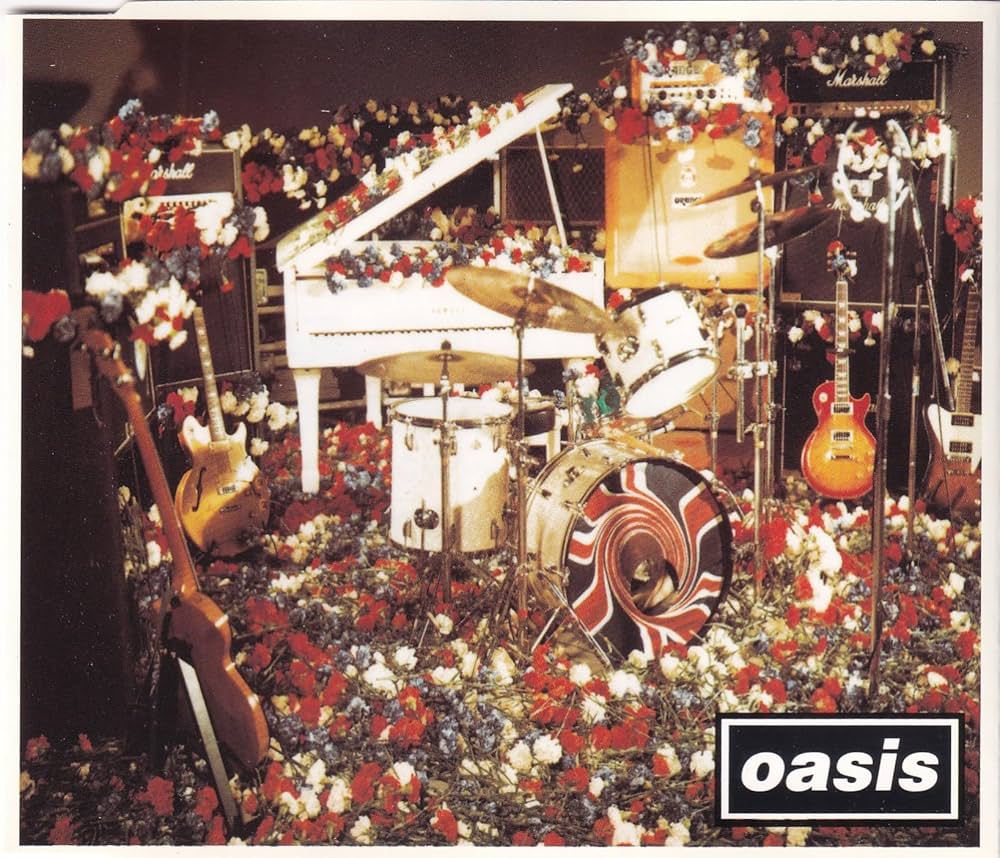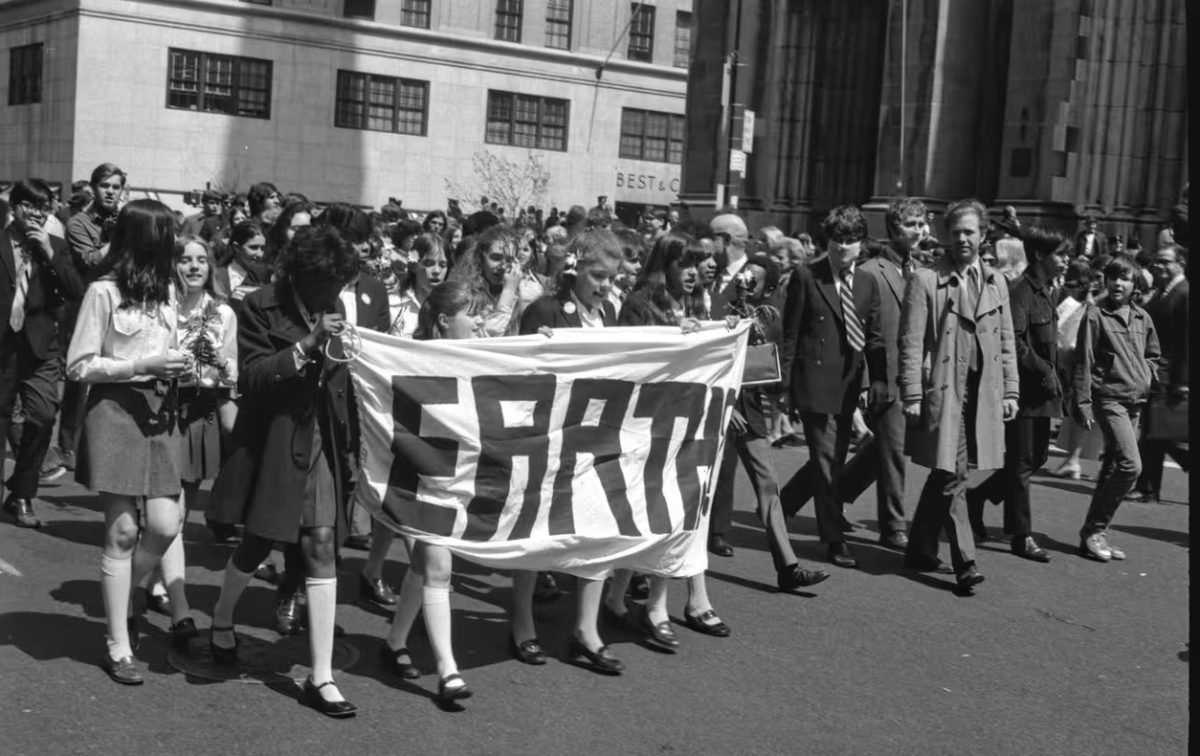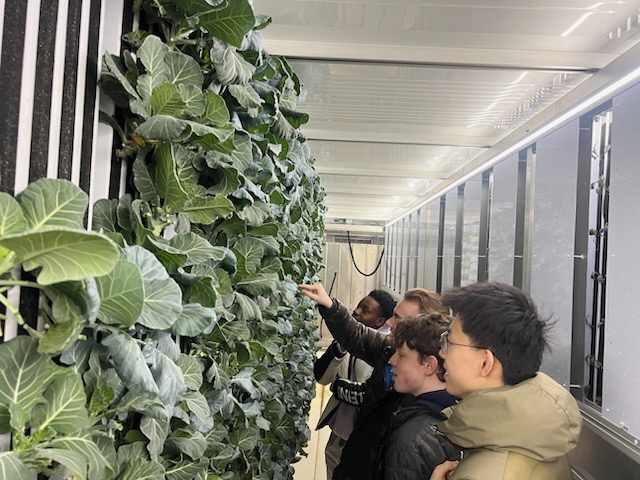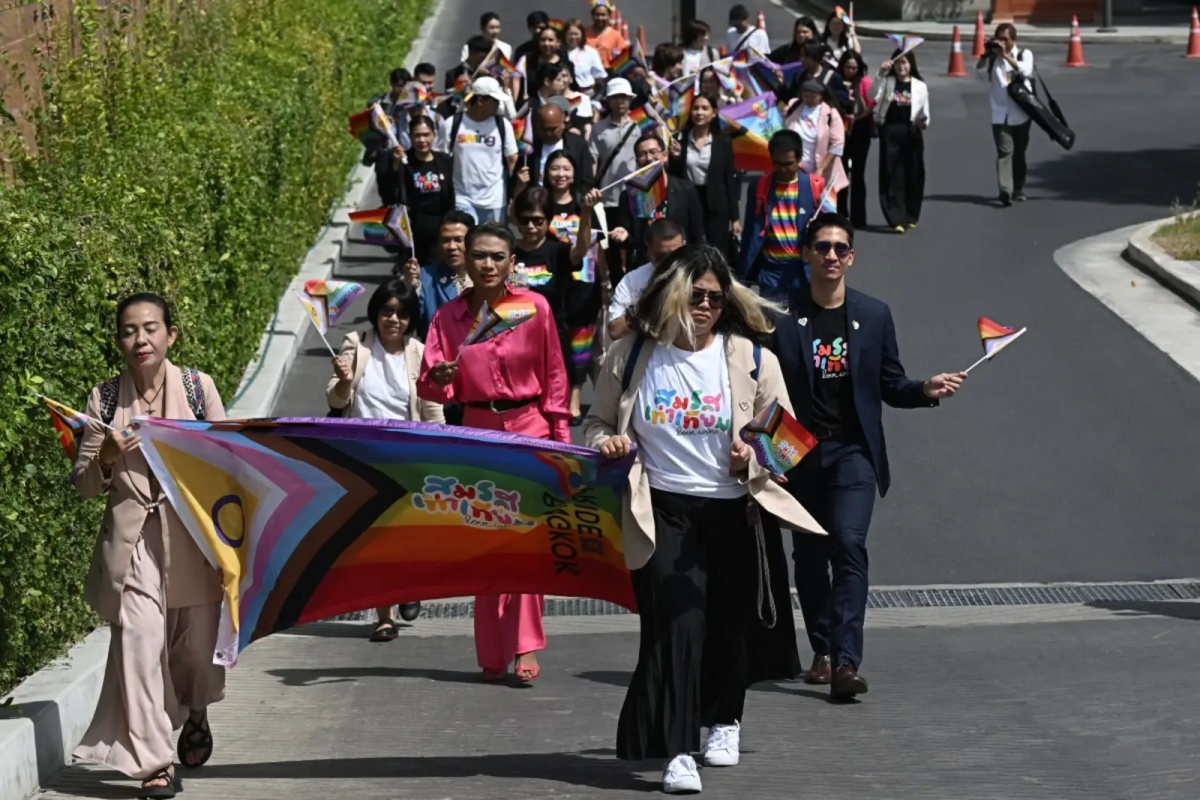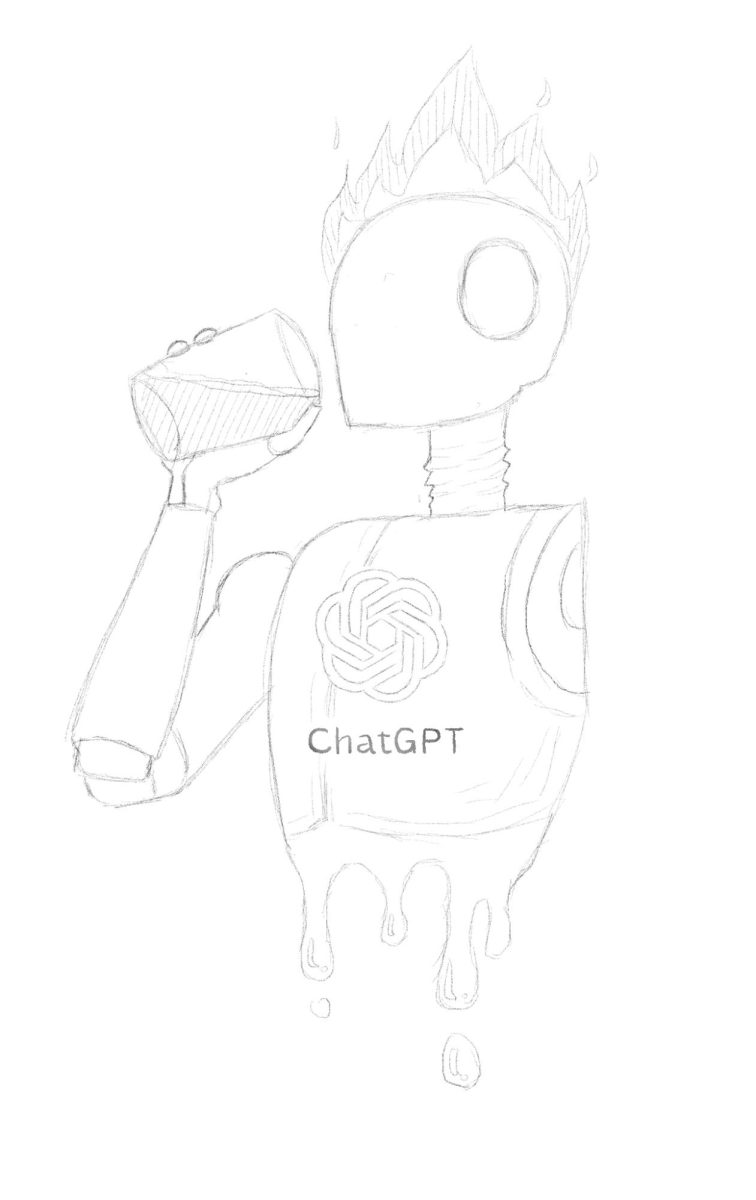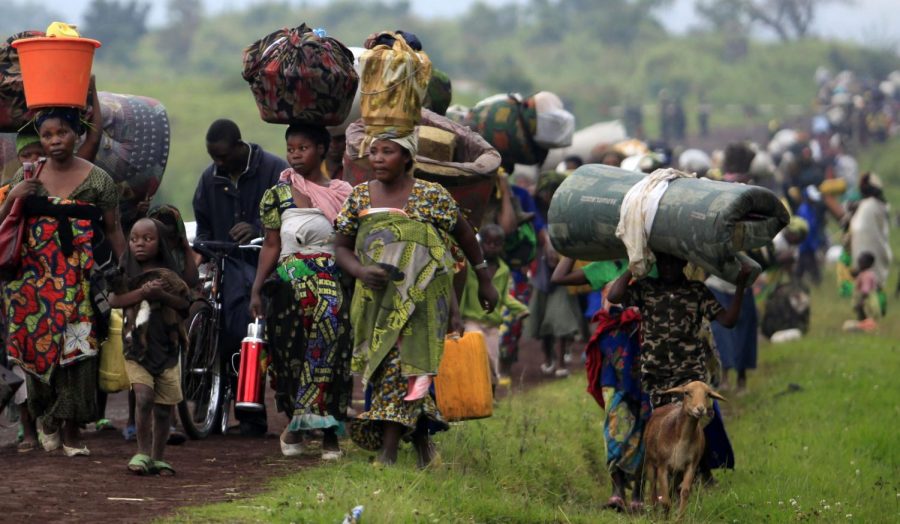Congolese Refugees Escaping the DRC and Looking for Peace
February 20, 2018
The Democratic Republic of the Congo (DRC), formerly known as Zaire, is located in Central Africa and is the second largest country in Africa. It also the 11th largest country in the world with a population of 78 million people speaking over 242 languages, including French and Lingala being mostly spoken.
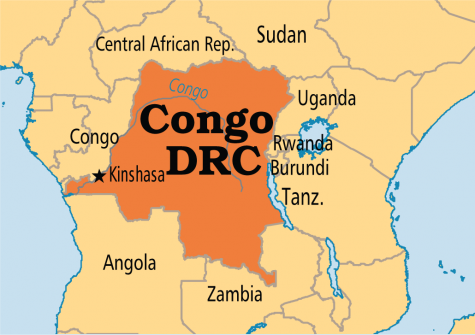
For a long time DRC has been the richest country in terms of natural resources and today it holds valuable resources such as copper, gold, cobalt, uranium, oil, manganese, and coltan. DRC is the only country in the world that carries coltan, making countries all over the world eager for this resource. Coltan is used for mobile phones, tantalum capacitors, laptops, and other electronic devices. Foreign countries including Rwanda, Uganda, Burundi, the U.S. and other westernized countries are part of the illegal extraction of coltan.
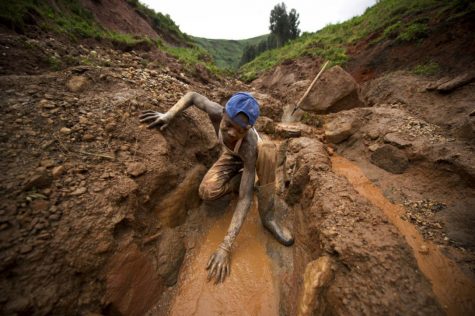
As DRC continues being cursed by its wealth, it has also had a history of war. After the Rwandan Genocide in 1994, two million Hutu fled to refugee camps in DRC and by 1996 Hutu and Tutsi had formed a military (M23) in the South Kivu province. From 1997-2003 Congo faced two civil wars, drawing several neighboring countries such as Uganda, Rwanda, Burundi, and Tanzania.
The First Congo War occurred from 1996-1997 leaving 800,000 Congolese dead while the Second Congo War lasted from 1998-2003, causing 6 million deaths. This was one of the deadliest, bloodiest civil war since World War I.
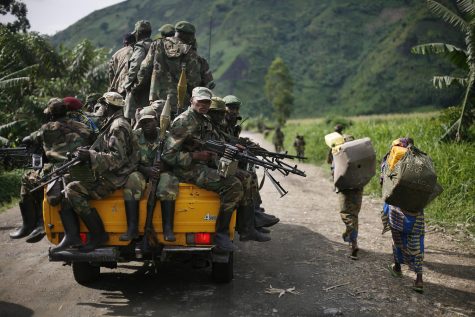
Fast forwarding to today DRC’s violence has not ended as 15 Tanzanian UN Peacekeepers were killed by rebel groups making it the deadliest attack on a peacekeeping mission in the past 25 years. As the violence continues to escalate, 1,200 Congolese, mainly women and children, have recently fled to Tanzania by boat during the end of January. More than 7,000 have arrived in Burundi after the Congolese government home soldiers led an attack against a rebel group. Others have also fled to Uganda. All of this violence started in December and is still continuing as more Congolese migrate outside of their country.
“It’s a very worrying situation. There is feat the violence may spread further,” expressed Andreas Kirchof.
Families have fled from their hometown South Kivu Province since they were present during the attacks of military operations against Mai Mai, militia group in the DRC. Those that are still remaining in this province have been displaced due to the difficult conditions without shelter and food. Now villages along Lake Albert are completely deserted. Even Yvon Edoumou recalls seeing several deaths in Djugu, a town in the Ituri Province. In that same province the governor, Jefferson Abdallah Penembaka, told Reuters news that the violence between Hema herders and Lendu farmers led to the death of 30 people for two days in early February.
Unfortunately these refugees are also at risk as they make these trips to Uganda, Burundi, and Tanzania. On February 11, four Congolese refugees drowned once their boat capsized as they were crossing to Uganda. There have also been women and children that are traumatized from making these long journeys.
“People arrive exhausted, dehydrated, hungry and emotionally devastated. They are running for their lives,” Delphine Pinault, CARE’s country director for Uganda.
Before they cross the border to Uganda, these woman and children also spend the night, worrying they might get attacked. Once they arrive in bordering countries like Uganda, refugees go through a disinfection and medical in the transit camp. The refugees feel at peace after traveling long distances and know that they will not be attacked by soldiers. Even one of the female refugees from the DRC, Rebecca Salama, is aware of the violence occurring in her country.
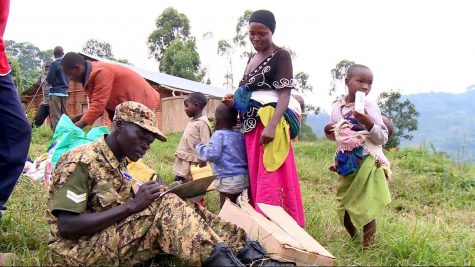
“When you go to pick your crops, or go to the forest for firewood, if you’re a man, they kill you, and if you are a woman, they’ll rape you. That is why we came here,” exclaimed Salma.
Hopefully Congolese like Selma will find safety, escape the unbearable violence, and most importantly that DRC will come to an end to its endless political instability.


